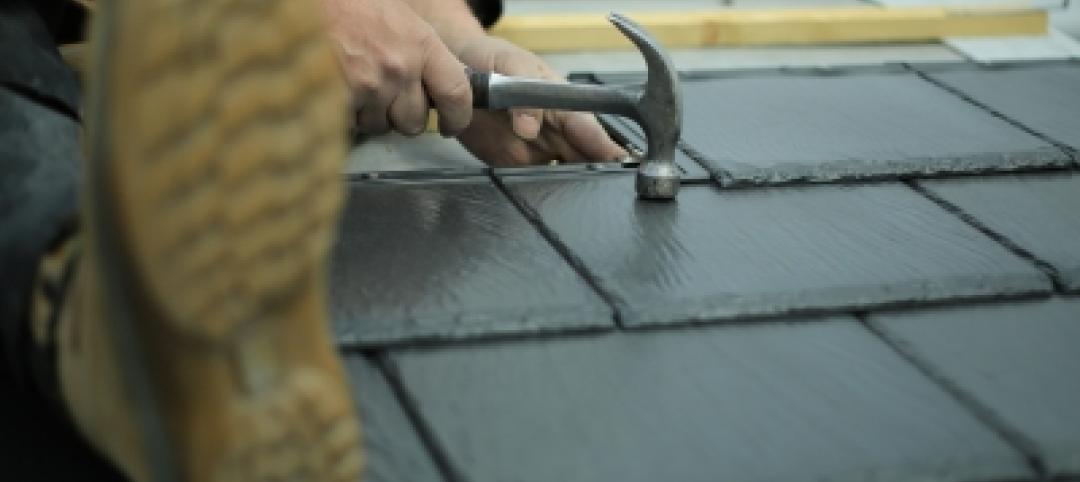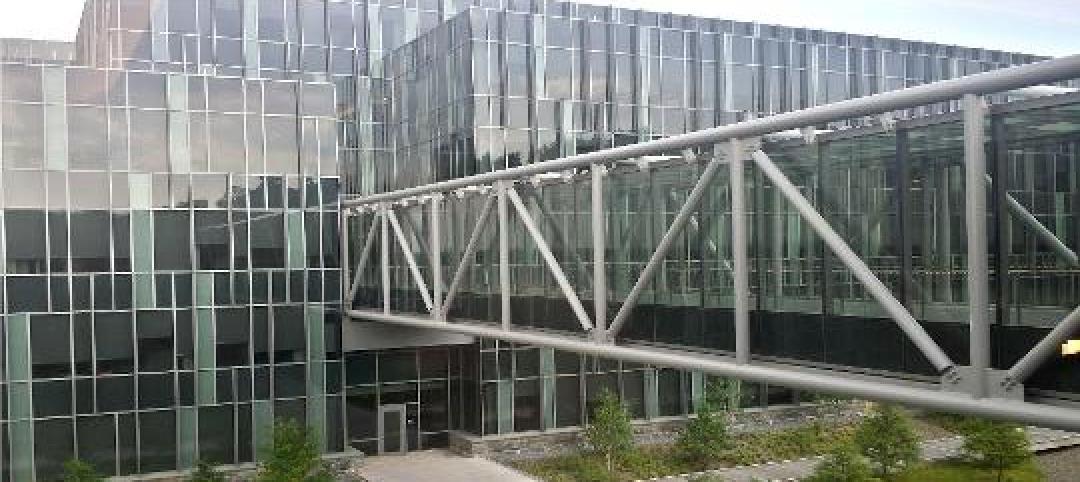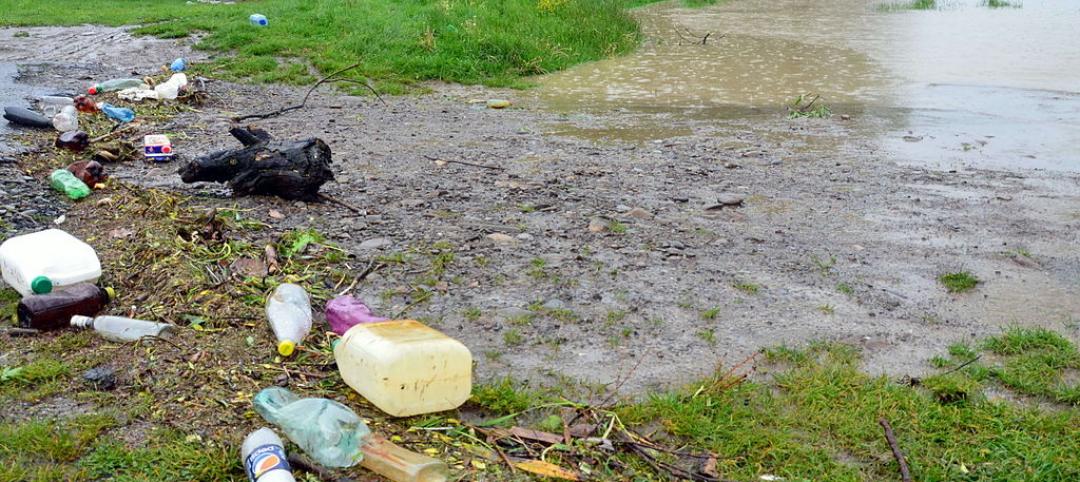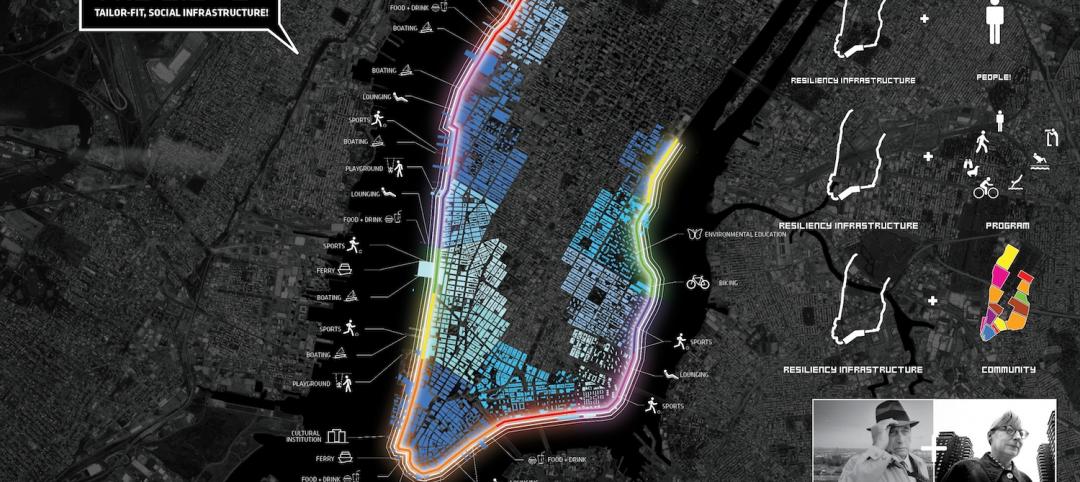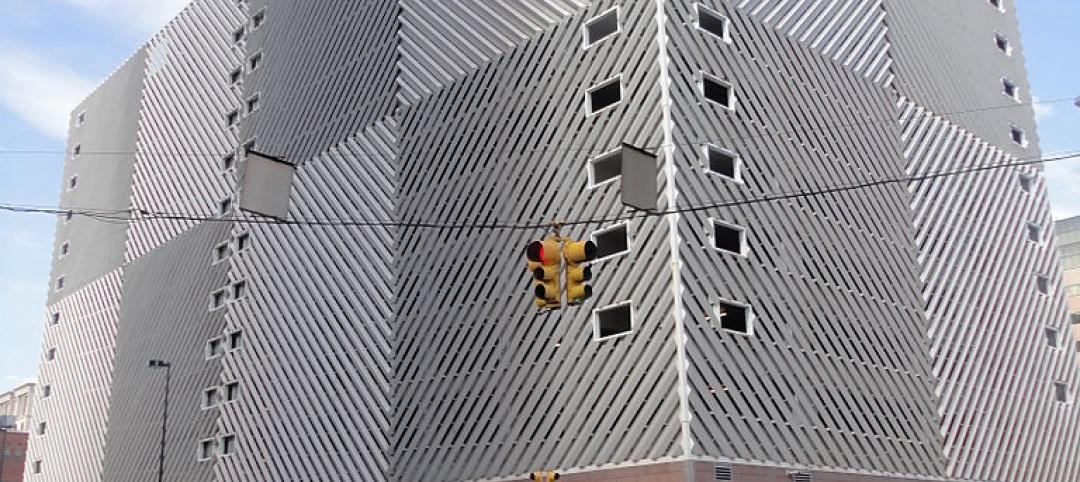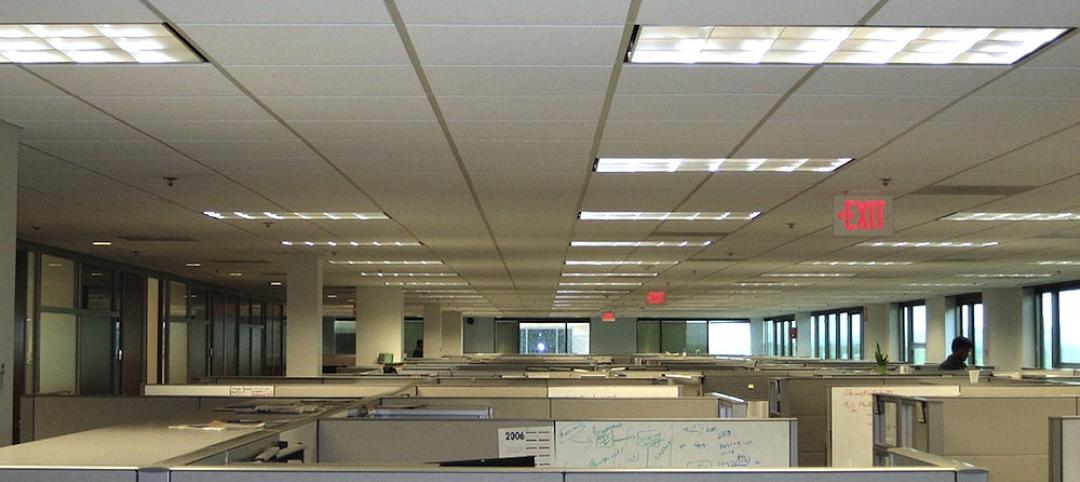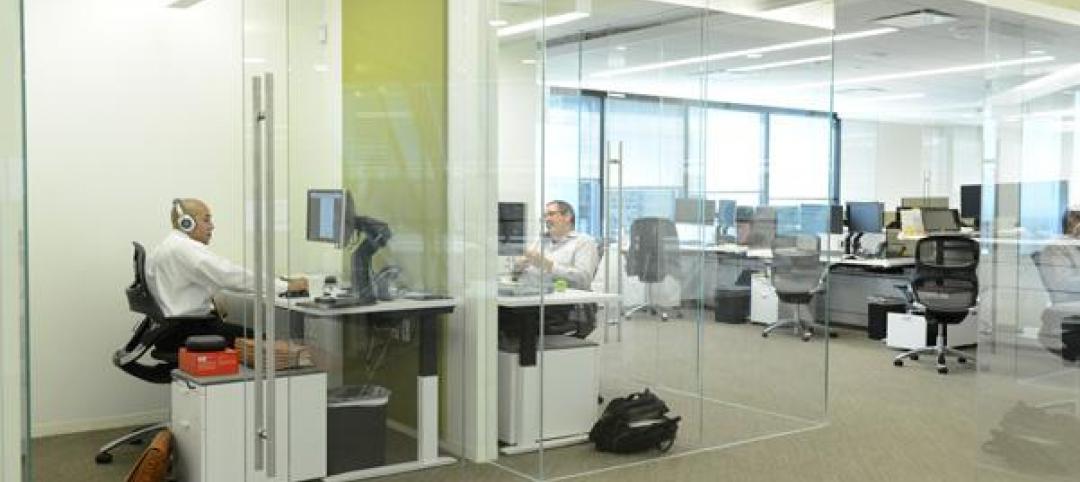The International Code Council (ICC) and the Modular Building Institute (MBI) have published two new off-site construction standards.
ICC/MBI 1200-2021 Standard for Off-Site Construction: Planning, Design, Fabrication and Assembly and ICC/MBI 1205-2021 Standard for Off-Site Construction: Inspection and Regulatory Compliance are intended to promote consistency around the globe of regulatory requirements for off-site construction processes, according to a news release from the two organizations. The standards are expected to accelerate the off-site construction industry, the release says.
“The Code Council family already offers multiple solutions to support the safe and efficient use of off-site construction. However, as we continue seeing a surge in global demand for off-site construction, we knew more guidance would be necessary, to add consistency to a global market,” said Dominic Sims, CBO, CEO, International Code Council. “The new standards align perfectly with the Code Council’s mission to ensure building safety. The standards are also part of our commitment to encourage affordability—in this case by lowering the regulatory barriers to trade—that off-site products often face by having to navigate a patchwork of regional regulations.”
The expanded use of off-site construction, often called modular or prefabrication, can address industry challenges including workforce availability, housing affordability, job site safety, building quality, and sustainability, the release says.
Related Stories
| Jun 11, 2014
Federal bill would promote shifting to energy-efficient roofs
A bipartisan proposal from U.S. Reps. Tom Reed, R-N.Y., and Bill Pascrell, D-N.J., would make roof replacement cost less and would help commercial building owners adopt energy-efficient systems.
| Jun 5, 2014
Over budget Homeland Security headquarters project may be canceled
A massive new headquarters for the Department of Homeland Security is more than $1.5 billion over budget, 11 years behind schedule, and may never be completed.
| Jun 5, 2014
Insurance giant sues nearly 200 Illinois communities for failing to prepare for climate change
Farmers Insurance filed nine class action suits against nearly 200 communities in the Chicago area, saying that local governments should have prepared for rising global temperatures that have led to heavier rains and flooding.
| Jun 4, 2014
Dikes, water pumps, and parks will help New York City area be more resilient
The Obama Administration has pledged $1 billion in federal funding to protect the New York City region from flooding like the area experienced from Superstorm Sandy.
| Jun 4, 2014
Green initiative may scuttle high-rise projects in Berkeley, California, critics charge
Volunteers in Berkeley, Calif., are collecting signatures for the “Green Downtown & Public Commons Initiative,” a controversial measure that critics charge would halt some development in the city.
| Jun 2, 2014
Parking structures group launches LEED-type program for parking garages
The Green Parking Council, an affiliate of the International Parking Institute, has launched the Green Garage Certification program, the parking industry equivalent of LEED certification.
| May 28, 2014
Commercial building measurement standard could meet resistance from owners
For some building owners, a new measurement standard could mean that their building would shrink in size and lose value.
| May 28, 2014
Resiliency measures for hurricanes can help with tornadoes
Architect Butch Grimes, who examined the wreckage after a half-mile tornado struck Tuscaloosa, Ala., believes toughening building codes can reduce damage from twisters.
| May 28, 2014
Rooftop wind turbines becoming green status symbol in New York City
New York City developers are using rooftop wind turbines in an effort to attract buyers by highlighting a building’s green credentials.
| May 28, 2014
Peer review process under way for the WELL Building Standard
The standard is the first protocol of its kind that focuses on improving human wellness within the built environment by identifying specific conditions that, when holistically integrated into building interiors, enhance the health and wellbeing of the occupants.



